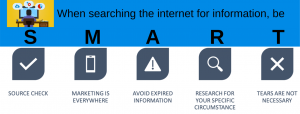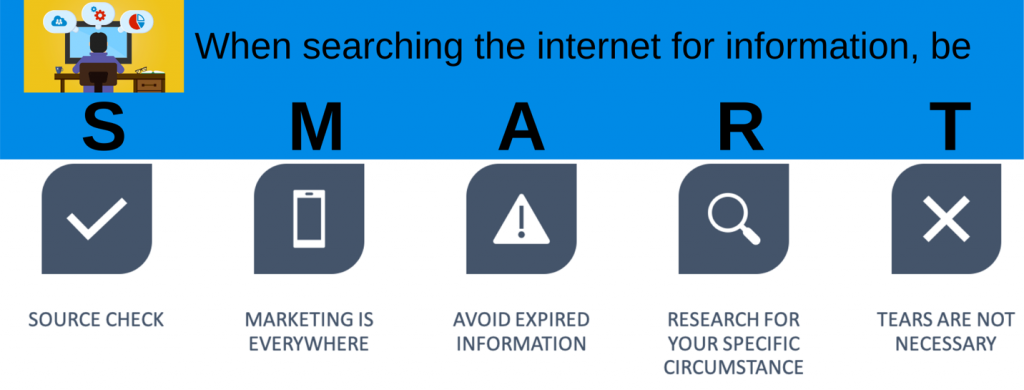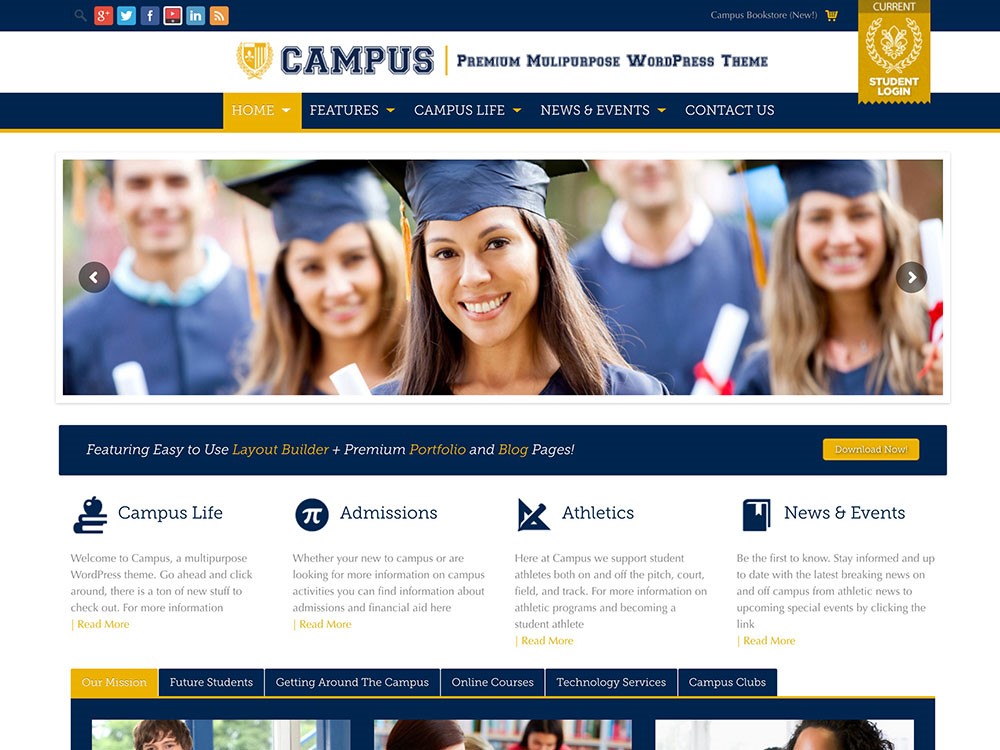
Blog written by ChatGPT – I decided to experiment with ChatGPT and the following is actually a really good article with very pertinent information. Next, I will try to have the program write a college application essay. Then I will blog about the difference. In the meantime, read the below blog about choosing the perfect college.
Introduction: Choosing the right college is a pivotal decision that can shape your future in significant ways. With numerous options available and varying factors to consider, the process can often be overwhelming. However, by understanding your goals, exploring your options, and conducting thorough research, you can embark on a journey towards finding the perfect fit. In this blog, we will outline a step-by-step guide to help high school students select the best college for their unique needs and aspirations.
- Reflect on Your Goals and Interests: Before diving into the vast sea of college choices, take the time to reflect on your personal and academic goals. Consider your interests, passions, and the subjects you excel in. Think about the career paths that intrigue you and the skills you would like to develop. Understanding your goals will provide a foundation for selecting colleges that align with your aspirations.
- Explore Your Options: Research and compile a list of potential colleges that capture your interest. Consider factors such as location, size, campus culture, academic programs, extracurricular activities, and available resources. Utilize online resources, college guidebooks, and speak with guidance counselors, teachers, and college students to gather information. Attend college fairs and campus tours to get a firsthand experience and a sense of the atmosphere.
- Consider Academic Programs: Evaluate the academic programs offered by each college on your list. Look for colleges that have strong departments in your area of interest. Consider factors like course curriculum, faculty expertise, research opportunities, internships, and study abroad programs. Make sure the college provides a supportive academic environment that fosters growth and challenges you intellectually.
- Evaluate Campus Culture and Student Life: The college experience extends beyond academics. Look for colleges that have a campus culture that resonates with your personality and values. Consider factors such as social activities, clubs and organizations, sports teams, student diversity, and campus traditions. Assess whether the college offers a supportive and inclusive community where you can thrive both academically and personally.
- Assess Financial Aid and Affordability: Determine your financial constraints and evaluate the cost of attending each college. Research the financial aid packages offered by colleges and scholarships you may be eligible for. Consider the long-term implications of student loans and the potential for part-time work or work-study programs. Ensure that the college you choose is affordable and aligns with your financial situation to avoid unnecessary stress and financial burden.
- Visit and Engage with the Campus: Whenever possible, visit the campuses of your top choices. Attend open houses, orientation programs, and overnight visits to gain a firsthand experience of the college environment. Engage with current students, faculty, and admissions officers to ask questions and get a deeper understanding of the college’s culture, academic programs, and campus resources.
- Seek Advice and Gather Perspectives: Don’t hesitate to seek advice from trusted mentors, parents, teachers, and college counselors who can offer valuable insights and perspectives. Discuss your options, concerns, and aspirations with them, as they may have valuable guidance to share based on their experiences and expertise.
- Trust Your Instincts: While it’s important to consider various factors, don’t overlook your instincts and intuition. Listen to your gut feeling when it comes to making a final decision. Remember, you will spend the next few years of your life at college, and it should be a place where you feel comfortable, challenged, and inspired to grow.
Conclusion: Selecting a college is a significant milestone in your academic journey. By reflecting on your goals, exploring your options, evaluating academic programs, considering campus culture, assessing affordability, engaging with campuses, seeking advice, and trusting your instincts, you can make an informed decision that sets the stage for a rewarding and fulfilling college experience.








